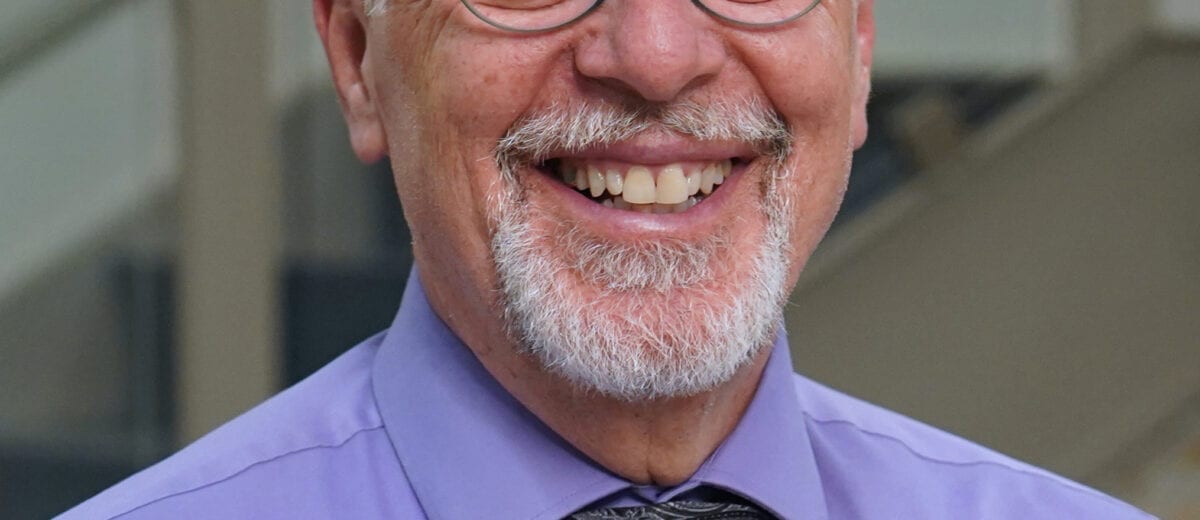Noah Nesin, “Family Doctor” and Public Health Leader, Honored by the State of Maine for Substance-Use Disorder Treatment
Noah Nesin, M.D., longtime family doctor and former chief medical officer at Penobscot Community Health Care, was honored by the state of Maine this week for his work treating substance use disorder. Gov. Janet Mills, addressing the 2022 Opioid Response Summit, announced that the Governor’s Award would go to Nesin “in grateful appreciation” of his pathbreaking and passionate work on one of Maine’s toughest public-health issues.
Nesin was instrumental in establishing PCHC’s Bridge Clinic—Bangor’s first low-barrier treatment center for SUD—and is currently leading a program to establish similar centers across Maine. He has also been pivotal in establishing and developing Maine’s Controlled Substances Stewardship protocol, which promotes safe, evidence-based treatment of chronic pain while supporting providers in mitigating over-prescription of opioids. He also serves on the Board of Licensure in Medicine and the Prescription Drug Affordability Board. For years, he championed the widespread use of Naloxone to avert opioid overdoses.
“In 2016, our state had not yet authorized the use of Naloxone without a prescription,” Mills said. “Despite the risk, Dr. Nesin decided that saving lives was worth any lawsuit he might face and wrote a standing order allowing anyone in the state of Maine to access Naloxone.”
Nesin stepped away from the top clinical leadership role at PCHC in January to become Innovation Advisor for the organization. In that role he is working closely with the Schmidt Institute (PCHC’s related research arm) and groups across the state to increase access to primary care and particularly, to break down barriers to SUD treatment. In collaboration with the Maine Primary Care Association and others, Nesin is leading a training program that will bring medication-first centers like the Bridge Clinic to multiple rural health centers across the state.
Substance use disorder, already an epidemic in Maine, was worsened by the pandemic. In the first five months of 2022, the average number of opioid overdoses per month was 792 including 53 fatal cases. Nesin and many other providers believe that medication-assisted treatment, widespread use of Naloxone, and more robust access to primary care can bring those numbers down.
Despite his high-profile work, Nesin is a low-key practitioner and was unprepared for Mills’ recognition, given before 1,200 people gathered at the Cross Center for the summit. But others who know his work were not surprised.
“I was delighted when Gov. Mills selected Noah (for the award),” said Gordon Smith, Maine’s director of opioid response. “I can think of no one more deserving.”
